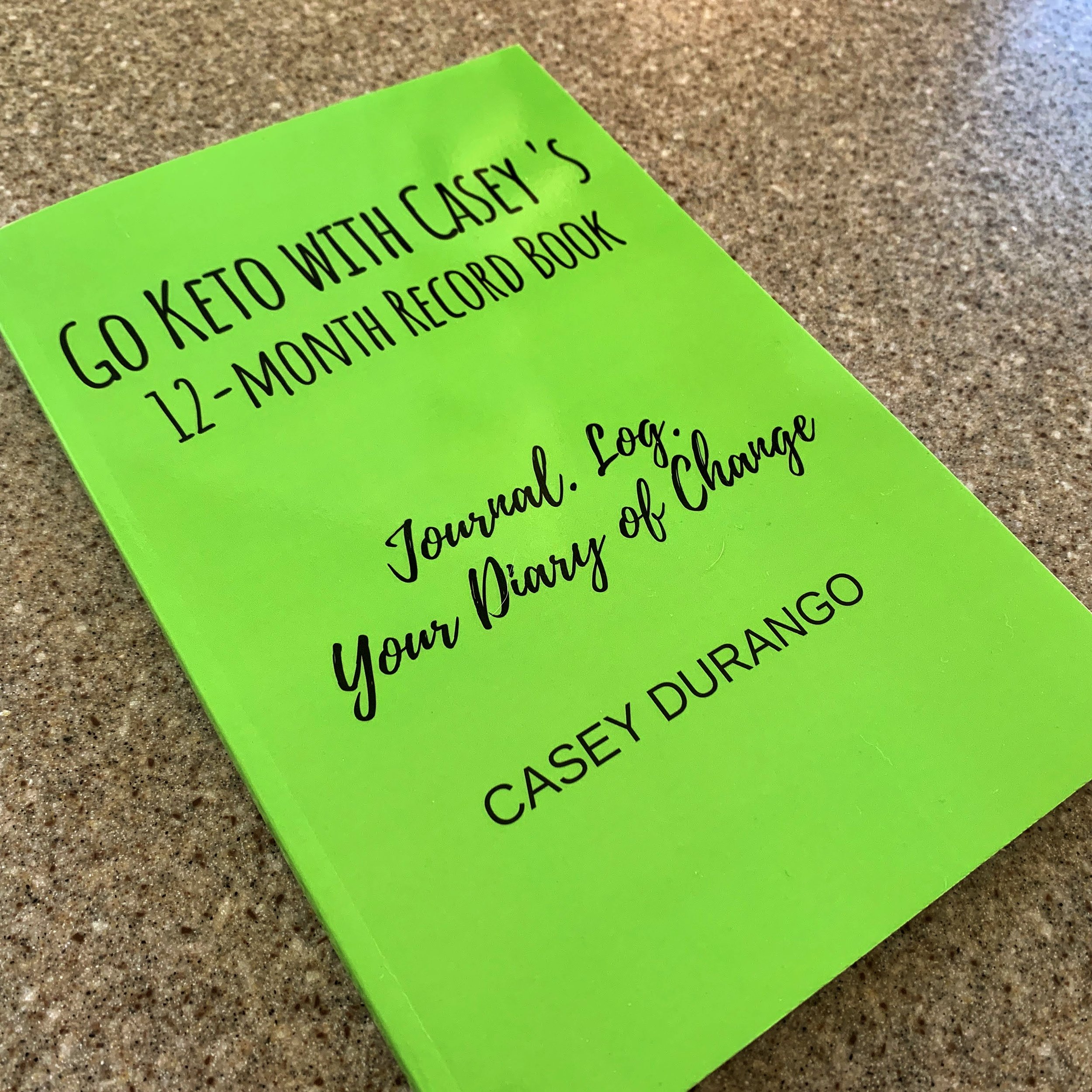Why We Turn to Food for Everything. (And how to stop)
/Weight Loss Fluctuations (6.2.2025 to 6.8.2025)
Let's start with a challenge, shall we? Try to think of a party, holiday, vacation, business meeting, funeral, wake, toddler birthday bash, bridge game, divorce celebration, folk music festival, or date night you've been to in the last however many years that didn't revolve around food. For that matter, try to think of a Tuesday where "what are we going to eat?" wasn't a top three thought on everyone's mind. My guess is that you can't think of many. Neither can I. The abundance of our food situation has changed gatherings from being about people to being about feasting.
From smorgasbords popping up at tailgate parties (does anyone pay attention to whatever's going on inside the stadium?) to croissant pyramids towering over people who are supposedly present for a business conference call to the myriad ubiquitous vending machines, food trucks, restaurants in hospital lobbies, we expect—and can find—food everywhere.
But what is potentially more insidious is how we have grown to associate every human emotion with eating. Milestones don't count unless there's a cake customized to commemorate the moment. Good day, bad day, gleeful, heartbreak, jubilation—you name the mental state, and there's bound to be a corresponding pint of this or bag of that or carton of something or other. It's like we can't process our feelings without simultaneously digesting our favorite food. I was thinking that food has become stapled to our emotions. But it's more like it's welded to them.
Why is this? The reasons are complex. But it makes sense to recognize that the last couple of generations have looked to food for everything. Seriously, everything. It didn't used to be this way. Reflecting on our ancestors' lives, having provisions on hand required considerable effort. Real work. And it wasn't guaranteed to be available, so people didn't squander it. Gluttony was not only a deadly sin, it was impractical. Moreover, it was impracticable. However, that was before one needed an app and a credit card, and someone could dash to our door and leave us cheesy bread, chicken tenders, and a giant brownie. "I've had a rotten day, and this meal will help me cope." (As we know, that's a load of malarkey. But that's a topic for another day ... )
So, what's the answer to why we turn to food for everything, and how to stop doing so? I can only say that I used to be that person who, for every feeling I had, there was a corresponding food. One might say I always had 'gut reactions.' (See what I did there?) But when I laid off the carbs, started feeling better, and gained distance from then to now, I realized what illogical, unhelpful, and counterproductive decisions into which I had indulged.
Yes, I am part of one of the first generations raised in a world where processed, overly available, and nutrient-absent vittles were all around. Yes, bounty made it easy to weave food into nearly every moment of every day and for any and all reasons. Those are possible explanations. However, I now accept that they should not be excuses. That is, multi-generational habits shouldn't excuse our current behavior now that we know better.
Why do we turn to food for everything? Because we've been able to. And food is fun to eat and yummy. But while we may be able to excuse children for wanting to do only those things that are fun and that deliver instant gratification, it's time we make the un-fun, grown-up decisions about whether eating in a self-destructive way has got to stop.
Ick. Adulting is hard.
But there are upsides to doing grown-up things. Some I'll not enumerate here—wink, wink, nudge, nudge—but others are gratifying for the mere fact that we can look at ourselves and be proud. Doing the hard thing is hard. It is also good. And very few of the hard things we face every day require food to get us where we want to be. Opposite, as a matter of fact. The good news is that it's doable.
Say it with me: If I can do this, you can do this. I promise.
Disclaimer: I’m not a medical doctor, researcher, or Ph.D., but instead, I’ve been fortunate to have had the time and resources to research the ketogenic diet, also known as LCHF (low carb/high fat). The information I share is based solely on my understanding of that research. We are all responsible for our own choices, including what we put in our mouths, and there’s no substitute for each of us checking things out ourselves. And I’m not a medical professional in any way. Go Keto With Casey is not a medical site. “Duh,” you might say. But best to make it clear to all. I welcome questions, comments, and even civil criticism. I’m still learning. So, if you have something to add, go for it. Links in this post and all others may direct you to affiliate links, where I will receive a small amount of the purchase price of any items you buy through those links. Thanks!







